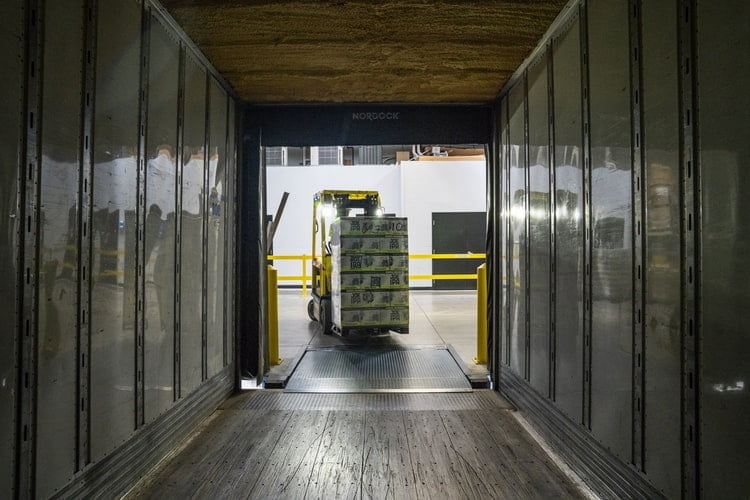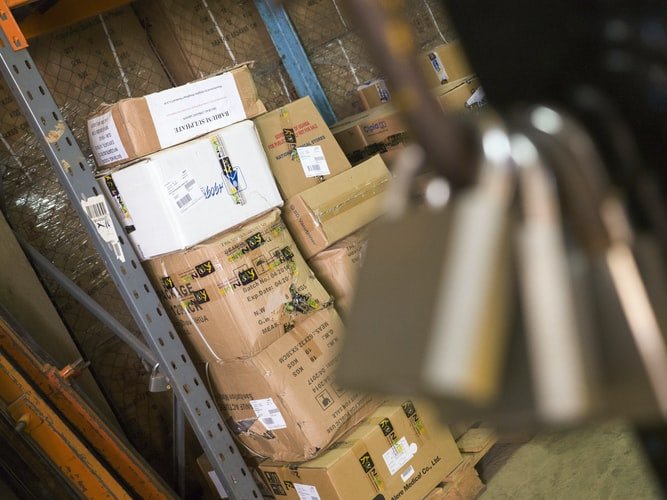On-Demand Warehousing Can Help Overcome Supply Chain Challenges
by Abdul Aziz Mondal Business Published on: 07 August 2021 Last Updated on: 30 December 2024

Supply Chain Issues

The supply chain issues plaguing businesses large and small since the COVID-19 pandemic threw the global economy into disarray in early 2020 show few signs of abating, particularly as demand from consumers ramps up. Of course, it’s good news that demand is up and the economy is growing, but that doesn’t mean the pain from pinched suppliers remains high.
While there is no magic bullet to fix supply chain challenges – it is an interconnected economy after all – there are strategies that can help your business better navigate those challenges.
According to CB Insights – which is a data analysis firm that tracks emerging industry trends – retailers and brands looking to stay competitive are increasingly turning to non-traditional solutions to find ways to accurately forecast and track inventory, efficiently fulfill orders across channels and optimize last-mile delivery to consumers.
One of the newer supply chain solutions companies are turning to is on-demand warehousing. On-demand warehousing solutions use networks of distributed facilities to offer short-term and flexible storage to retailers, brands, and more. These solutions can streamline last-mile delivery by storing items closer to consumers. Most providers in this space offer adjoining technology platforms that help shippers optimize warehousing and order fulfillment processes.
Both eCommerce and the rise of omnichannel retail are driving the need for on-demand warehousing because both have changed the way consumers shop. Not only have the demands on retailers increased, but the rise of internet-based commerce has also made many of the old distribution models obsolete.
In addition to streamlining delivery systems, on-demand warehousing also helps companies save money on expensive long-term leases, helping them compete on a more level playing field with global giants like Amazon. It also builds operational resilience by spreading work across multiple warehouse facilities.
On-demand Warehousing Partner

A good on-demand warehousing partner will also provide enhanced climate control and security in their facilities. Top-notch providers use the latest technology, ensuring your inventory is protected from adverse events like theft, vandalism, severe weather, and fire.
One of the best benefits of on-demand warehousing is simple flexibility. Although on-demand warehousing business models can vary, the most beneficial are those that serve as a full-service fulfillment company. That is the on-demand warehouse provider handles not only storage but the entire suite of services from ordering to packing to shipping. Freeing up your company from these often challenging and complex services can be a real game-changer.
On-demand warehousing is similar to Third-Party Logistics, or 3PL, but differs in one important way. Typically, a 3PL partner will require a longer-term contract, whereas an on-demand warehouse provider is a technology platform that allows you to connect to short-term available warehouse space. This can be a very good money saver, as typical 3PL partners require at minimum a 5-year lease, which can be a significant expense.
On-demand Warehousing Benefits

So what types of businesses can benefit most from on-demand warehousing?
1. Startups or smaller companies
These types of businesses are typically looking to avoid costly contracts and are better served by concentrating on their core business functions. The ability to outsource their warehousing needs – including order fulfillment, stocking, picking, packing, and shipping – can allow them to grow faster and compete better with already established firms.
2. E-commerce businesses and other businesses that deal with seasonal peaks and troughs
Because on-demand warehouse providers typically don’t require long-term leases and are agile and flexible, businesses that see seasonal demand (toy manufacturers as one example) often find these arrangements more affordable than working with a dedicated 3PL partner. Instead of building a business around the infrastructure you have, on-demand warehousing offers a low-risk way to test new strategies and keep up with rising customer expectations.
3. Rapidly expanding businesses
Fast-growing businesses are often unable to commit large amounts of capital to build out a logistics network that they very well might quickly outgrow. On-demand warehousing in these situations is a smart, scalable, pay-as-you-go alternative. In addition, if a company sees a spike in demand for large amounts of inventory, on-demand warehousing is an ideal option for short-term storage and inventory management.
Are there any downsides to on-demand warehousing?
As with any business solution, there are pros and cons to on-demand warehousing. It is important for business owners to evaluate their own needs and their internal strengths when deciding whether to employ this solution.
One oft-cited challenge is turning over some inventory control to an outside company. With on-demand warehousing, the contracting client necessarily must give up some process control, which can be disconcerting. This makes it imperative for the contracting company to do their research and pick an on-demand warehousing partner that aligns with their needs.
Another potential stumbling block is making sure your company’s customers and stakeholders have faith in your on-demand warehousing partner. Anytime operations are outsourced, it can create potential conflict. To avoid potential problems, it is critical to gather supporting data and do your due diligence on the partner you select.
Conclusion
At the end of the day, on-demand warehousing is a cost-saving, flexibility-creating, and growing solution many companies are looking to when seeking to improve supply chain logistics. As with any contracted service, finding the right partner with the solutions that best fit your company’s particular needs is paramount.
Read Also:



































































































